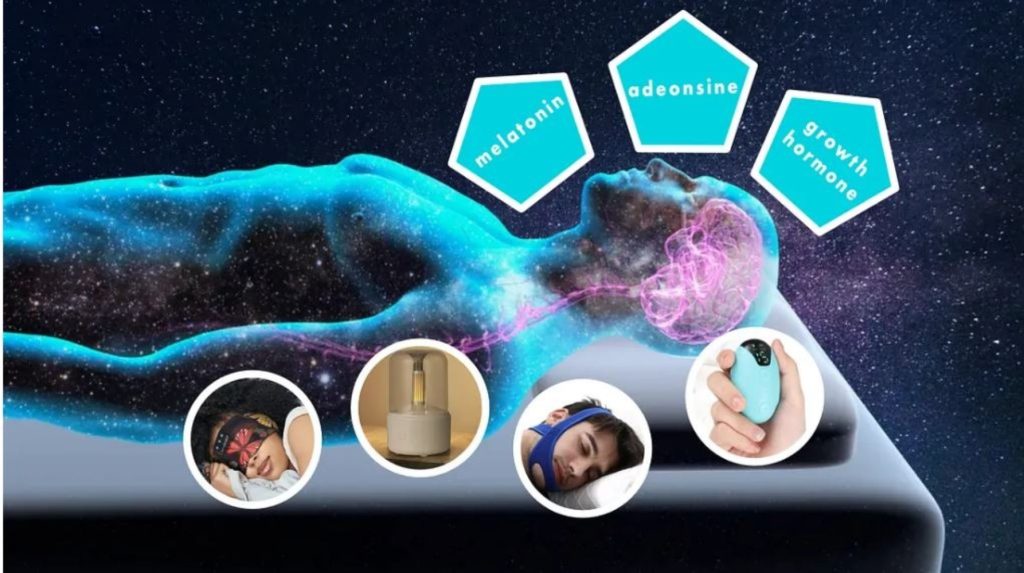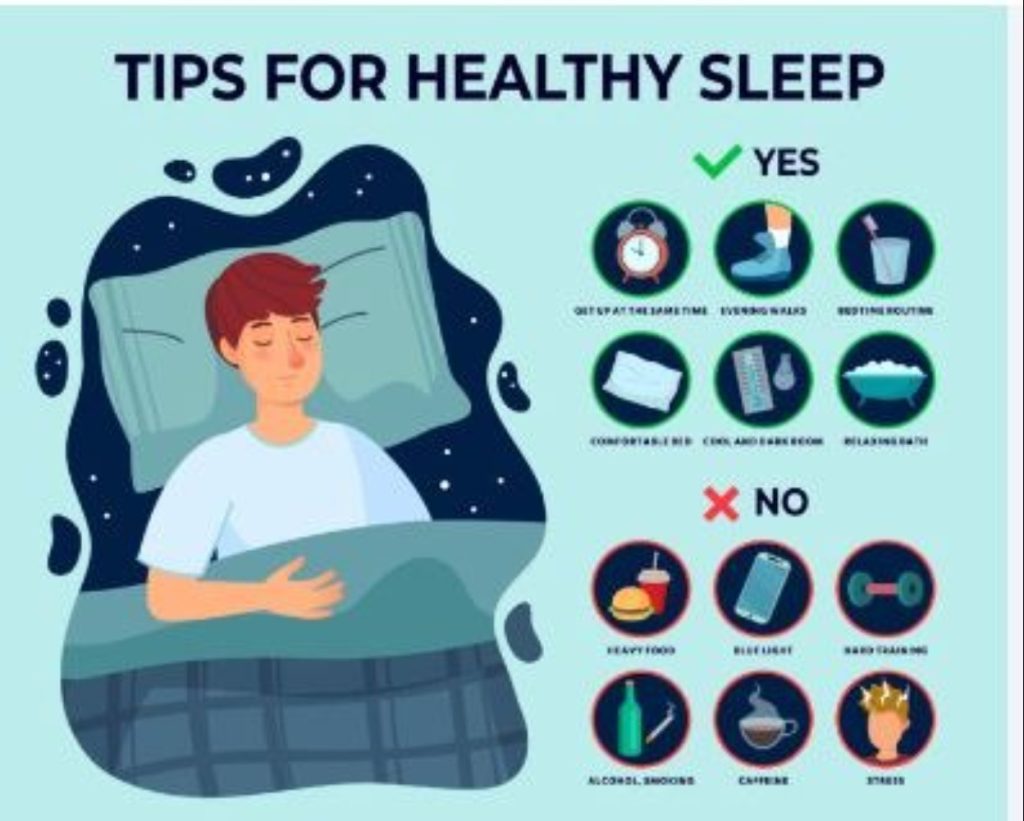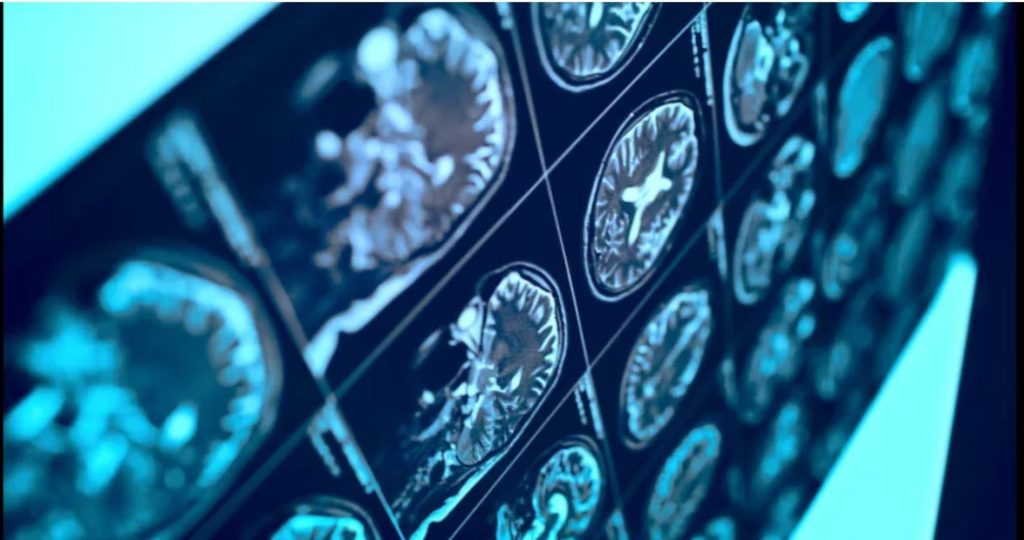Devanjana Mukherjee, Khabri Media
The sleep economy which includes supplements, consumer devices, apps, diagnostics, has been estimated at around 85 billion USD by 2024.

Pic: Social Media
Sleep, a fundamental aspect of human life, has fascinated scientists, philosophers, and scholars for centuries. While we spend about one-third of our lives asleep, there is still much we don’t understand about this mysterious and essential activity.
To subscribe please click tau.id/2iy6f and access our live channel.
In recent years, research in the field of sleep science has made significant strides in uncovering the intricacies of sleep, but many questions remain unanswered. This article will delve into what we know and what we don’t know about the science of sleep.
MUST READ: Conscious machines vs Humans
The Basics of Sleep
Sleep is a complex biological process that plays a vital role in maintaining overall health and well-being. There are two main types of sleep: rapid eye movement (REM) and non-rapid eye movement (NREM) sleep. These cycles repeat throughout the night, with each cycle lasting around 90 minutes.

Pic: Social Media
What We Know
- Sleep Stages: NREM sleep consists of several stages, with the deepest being N3, or slow-wave sleep. REM sleep is characterized by rapid eye movements, and it is during this stage that we experience vivid dreams. Scientists have mapped these sleep stages and their duration, giving us a better understanding of the sleep cycle.
- Sleep Homeostasis: Our bodies have a built-in sleep-wake homeostasis, which regulates the balance between sleep and wakefulness. When we’re awake for an extended period, a sleep debt accumulates, and our bodies become increasingly inclined to sleep. Conversely, after a good night’s sleep, we feel more awake.
- Circadian Rhythms: The body’s internal clock, or circadian rhythm, plays a critical role in regulating sleep. It’s influenced by external factors, such as light and temperature, and controls the release of hormones like melatonin. This knowledge has paved the way for treatments of sleep disorders by targeting circadian rhythms.
READ: Dementia: Cause, Prevention, Treatment
What We Don’t Know
- The Purpose of Sleep: While we understand the importance of sleep, the exact purpose of sleep remains elusive. Theories suggest it’s essential for memory consolidation, immune system support, and overall restoration, but there’s no definitive answer.
- Dreaming: The nature of dreams and why they occur during REM sleep is still a subject of debate. Some theories suggest that dreams are a way for the brain to process emotions and experiences, while others propose more physiological explanations.
- Sleep Disorders: Sleep disorders, such as insomnia and sleep apnea, affect millions of people worldwide. Despite ongoing research, the underlying causes of these disorders are not fully understood. Treatment options vary and often focus on symptom management rather than addressing the root causes.
- Genetic Factors: While we know that genetics play a role in determining our sleep patterns, the extent of this influence and the specific genes involved are still being explored. Understanding genetic factors could lead to more personalized approaches to sleep management and treatment.
The Brain’s Role in Sleep
The brain is a central player in the science of sleep. Neurons and neurotransmitters work in concert to regulate the sleep-wake cycle.

What We Know
- Sleep Centers: Researchers have identified specific regions in the brain responsible for regulating sleep, such as the hypothalamus. These centers release neurotransmitters like adenosine and melatonin, which induce drowsiness and promote sleep.
- Sleep Disorders: Brain activity during sleep has been studied extensively, leading to the development of treatments for sleep disorders. For example, Continuous Positive Airway Pressure (CPAP) machines help individuals with sleep apnea maintain proper airflow during sleep.
Trending News: Science of Hairfall
What We Don’t Know
- Sleep’s Relationship with Memory: While it’s clear that sleep is essential for memory consolidation, the exact mechanisms by which this occurs remain a topic of research. Understanding how the brain processes and stores information during sleep is still an active area of investigation.
- Brain Plasticity: How the brain adapts and changes during sleep, known as brain plasticity, is not yet fully understood. Research continues into how sleep affects cognitive functions, emotional processing, and overall brain health.
Conclusion
The science of sleep has made great strides in recent years, unraveling many of the mysteries surrounding this fundamental human activity. However, much remains unknown, and sleep continues to be a subject of fascination and inquiry for scientists and researchers.
As our understanding of the science of sleep deepens, it holds the promise of improved treatments for sleep disorders, more personalized sleep management, and a better grasp of the importance of sleep in our lives. It is a field ripe for exploration, with many exciting discoveries on the horizon.




